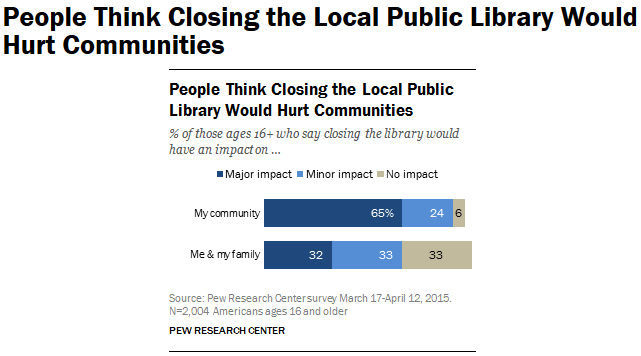Over the past week, I finished my statements and supporting evidence for Competencies A, B, and C for my MLIS Plan B (ePortfolio). In my mind Competencies A and C are inexorably linked, because two of the core tenets of information professionals are the freedom of information and the right of access to all. I cannot imagine how one could be a close-minded information professional any more than I could believe a puny, 50-pound wrestler taking down The Hulk.
I keep thinking about why I am so drawn to information science, and I know part of it is the atmosphere I’ve always felt at libraries. Even though I don’t see myself working in a typical library environment (why, hello there, Competency B!), I still enjoy the open, welcome feeling that permeates most libraries. Libraries should be and often are public centers and community gathering spaces. The health of a library in a given community can be a signal to the outside world, a beacon of the health of the community itself. Duluthians know what I’m talking about: many of us rallied to support our libraries several years ago when hours and services were being cut in the face of city budget issues. We aren’t a complacent city these days, content to let the city run to ruin around us. No, we want vibrancy and growth, so we focus on these factors and keep pushing forward.
I am a first-generation college graduate, from both sides of my family. I will also be the first on both sides to obtain a master’s degree. Books and libraries have been a major component of learning to make my way in an unfamiliar world. I know I can usually find information on something I don’t understand or a topic I want to know more about if I only research the subject. This Atlantic article about San Bernardino’s library hit home for me, because my research into the digital divide, particularly based on socioeconomic status, reaffirms what it says:
(I also visited the Norman F. Feldheym Central Library in downtown San Bernardino. I have found during our travels that libraries, as public institutions that serve the people, always offer a sense of the needs and wants of a town.
. . .
The library copes by grabbing a strong lifeline braided together by generous funders, creative grant-seeking, and an army of dedicated volunteers.
. . .
I realized that I was in an American city populated by all kinds of people, and that the public library is an American institution that is truly “Open to All,” as the promise engraved above the main door of the Columbus Metropolitan Library in Ohio reads. (via)
And it’s not about the books, but the services. Libraries offer more than the ability to check out a few books. Where else can you go to freely use computers and obtain broadband access? The conclusion of the study found here shows that libraries are often more important to a community than most people realize:
Public access computers in libraries are frequently used by patrons who rely on them most to search for jobs and to access government services online. This underscores the continued relevance of libraries in the digital age. By providing public access computers, public libraries act as a conduit in strengthening the community by meeting the information needs of their residents such as connecting under-privileged residents to online applications, learning opportunities and potential employment. Our findings indicate that public computing facilities are indeed helping to meet the needs of marginalized citizens and the BTOP-funded improvements of these facilities are likely to help narrow the digital divides among demographic groups in this respect. An examination of psychological barriers to the usage of library computers addresses secondary digital divides related to effective use of public computers once basic access is provided. From the findings, creating opportunities to cultivate a habit of using the public access computers, improving attitudes and developing a stronger sense of self-efficacy will encourage library patrons to put the computers to better use in their lives. Notably, flexibility in scheduling depending on need rather than short, fixed time appointments that assure wide access but may frustrate mastery of important tasks should be considered.
(DeMaagd, K., Chew, H. E., Huang, G., Khan, M. L., Sreenivasan, A., LaRose, R. (2013). The use of public computing facilities by library patrons: demography, motivations, and barriers. Government Information Quarterly, 30, 110-118. doi:http://dx.doi.org/10.1016/j.giq.2012.07.009)
The digital divide has been defined in two major ways over the years: access to technology and knowledge of and ability to use technology. Public libraries and expanding access to broadband services have helped create more access to technology and services; however, we have not yet reached the end of the primary digital divide (access to technology). The secondary digital divide (use of technology) is becoming more disparate as separate entities put policies in place that have overly broad consequences to all users and as users show that there are bigger differences in how various demographics use and access online services. This will only become a more pressing issue as more services move toward online-only or online-preferred access. Health service providers and government offices are two of the most concerning, as the divide will only increase as “one size fits all” policy-making becomes de rigueur instead of allowing for separate policies for more narrowly defined groups (e.g., by location or demographic).
Who can we look to for help to overcome these divides? Librarians and public libraries, of course. Communities need to be willing to fight for their libraries to ensure that all community members have the ability to learn and grow. Libraries can be the canary in the coal mine for a community, so if your library is threatened, it is probably a sign that your community is also in dire need of support and community building.
